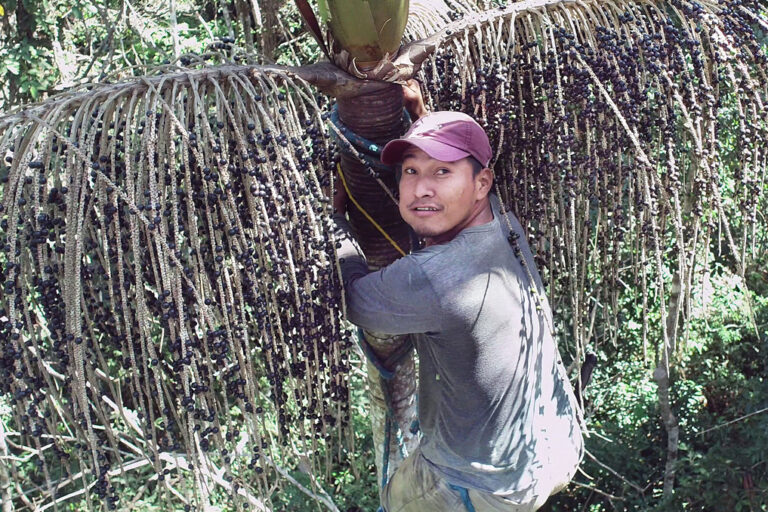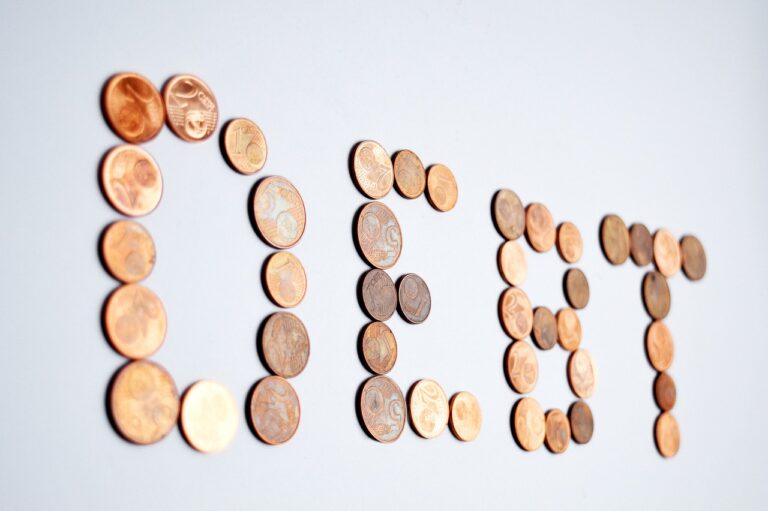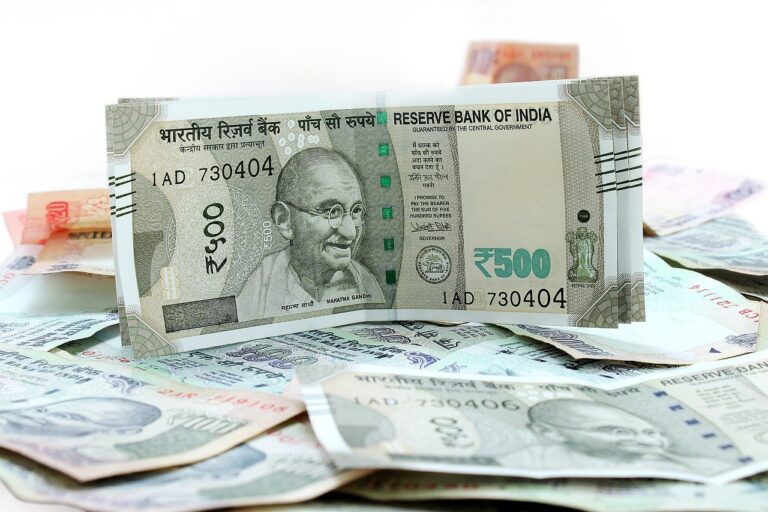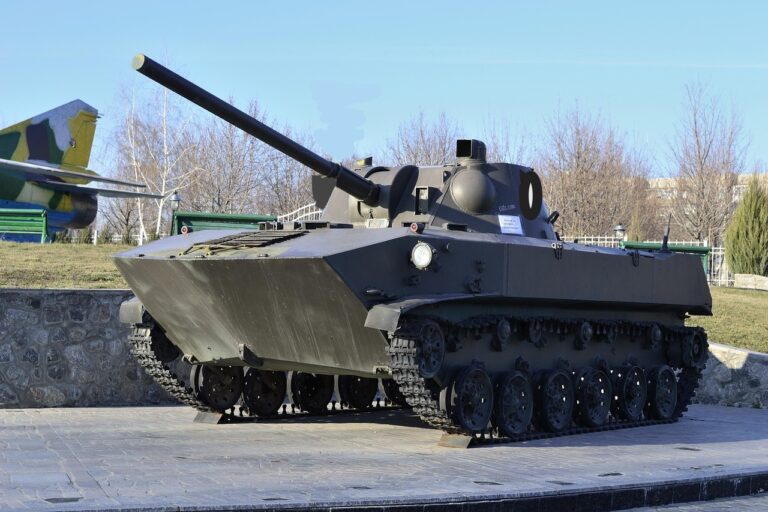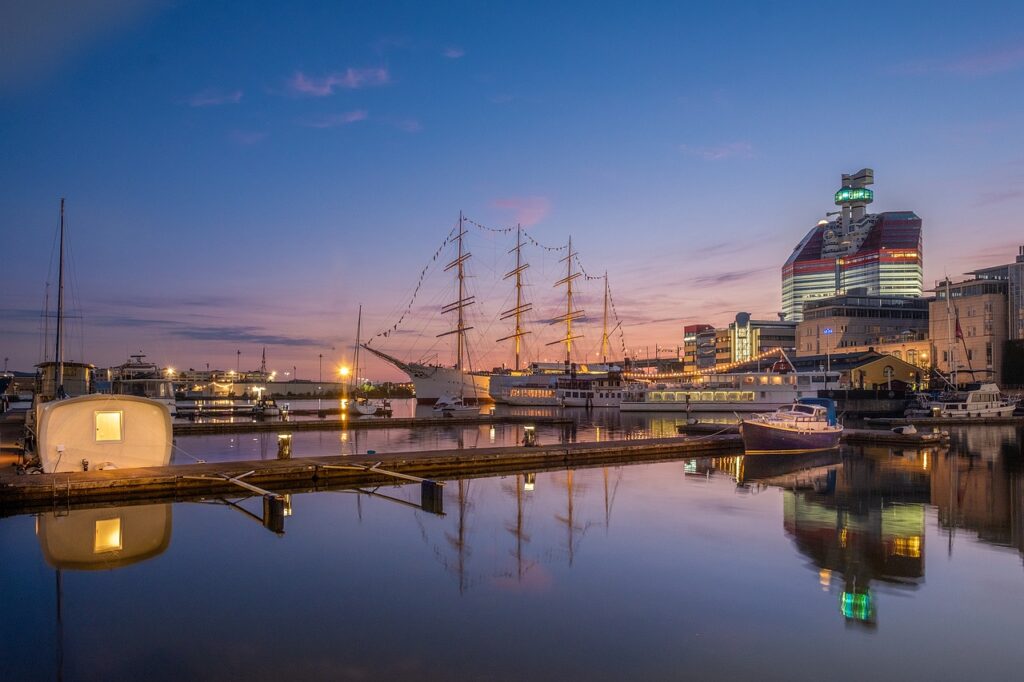
Washington: Leaving 200 years of neutrality and military non-alignment behind, Sweden today joined as the 32nd member of the North Atlantic Treaty Organization (NATO).
Sweden was invited today by unanimous agreement of the Parties to accede to the North Atlantic Treaty.
Consequently, the Kingdom of Sweden became a party to the North Atlantic Treaty on March 7, 2024, the date of deposit of its instrument of accession.
As Swedish Prime Minister Ulf Kristersson accompanied by Foreign Minister Billström deposited Sweden’s instrument of accession to the North Atlantic Treaty to the United States Secretary of State Antony J. Blinken, this was not foreseeable three years ago. Before Russia invaded Ukraine in February 2022, less than one-third of Swedes polled in support of joining NATO. However, after the invasion, three-quarters of the Swedish people expressed their desire to join NATO.
However, it was not easy for Sweden to become a member of the Alliance and it took nearly two years of diplomacy together with the NATO Secretary General Jens Stoltenberg to achieve ratification by every NATO member. This could be possible because, as Blinken pointed out, of an “extraordinary foundation of partnership” between Sweden and NATO that goes back many, many years.
Sweden has long been an active partner with NATO Allies – training together, exercising together, working together. “And fundamentally, the reason this is such a strong, powerful fit is because Sweden embodies and promotes the core values that are at the heart of NATO: democracy, liberty, and the rule of law. And it also brings some unique capabilities to this enterprise – unique capabilities in the Arctic and Baltic Seas. And this year, of course, Sweden will contribute more than 2 percent of its GDP to defense; and continue to show the way for all NATO members,” Blinken said.
Kristersson said Russia will remain a serious threat to Euro-Atlantic security for the foreseeable future and it was in this light that Sweden applied to join the NATO defence alliance – to gain security, but also to provide security. “We have unique capabilities to contribute on land, in the air, at sea. Our support to Ukraine is a fundamental part of that. Ukraine is fighting bravely for its freedom, but they are also defending European freedom,” he said. According to him, the security situation in the region had not been this serious since the Second World War.
It may be recalled that at the signing of the NATO Treaty in 1949, President Harry S. Truman of the United States of America said: “In taking steps to prevent aggression against our own peoples, we have no purpose of aggression against other peoples. We hope to create a shield against aggression and the fear of aggression, a bulwark which will permit us to get on with the real business of government and society – the business of achieving a fuller and happier life for all of our citizens.”
“That is fundamentally what this enterprise is all about, what NATO is all about. It’s making sure that together we are creating an environment in which our people are safe, secure, and can meet their full potential. Today we have fortified this shield – fortified the shield against aggression. We brought more people under its protection so that together we can focus on the real work of delivering for our people,” Blinken said.
Describing Sweden joining NATO as “historic”, Kristersson said Sweden made a “free, democratic, sovereign, and united” choice to join the Alliance. “There is an overwhelming support in our parliament and among our people. That is a strength, both for Sweden and for the Alliance. And as a strong democracy, Sweden will stand for the values in the Washington Treaty, signed just a few blocks from here 75 years ago: freedom, democracy, individual liberty, and the rule of law,” he said.
From this year onwards, Sweden meets NATO’s standard of 2 per cent of GDP for defence spending. This is important for NATO security and burden sharing. “We are increasing the number of conscripts, strengthening civil defence, and reintroducing civilian service in Sweden,” he said. “We are deeply grateful for the overwhelming bipartisan congressional support for Sweden’s accession, and for the strong leadership from the U.S. administration leading the way on ratification and security assurances,” he said.
Kristersson said he would personally like to thank both US President Joe Biden and Secretary of State Blinken, for their “invaluable efforts and personal commitments” during the accession process. “I would also like to thank all NATO Allies, who have supported our accession and welcome Sweden as the 32nd member of the Alliance,” he added.
Secretary Blinken said it’s a victory for freedom.
Sweden is, as was mentioned, now leaving 200 years of neutrality and military non-alignment behind. It is a major step – but at the same time, a very natural step. Membership means that we are coming home to the Alliance for Peace, and coming home to the Alliance for Freedom, to which many democracies already belong – also home to our neighbours’ security cooperation, home to the circle of countries where we, for generations, have belonged. We will defend freedom together with the countries closest to us, both in terms of geography, culture, and values.
“The security situation in our region has not been this serious since the Second World War,” Kristersson said. According to him, Russia will remain a “serious threat” to Euro-Atlantic security for the foreseeable future. “It was in this light that Sweden applied to join the NATO defence alliance – to gain security, but also to provide security. We have unique capabilities to contribute on land, in the air, and at sea. Our support to Ukraine is a fundamental part of that. Ukraine is fighting bravely for its freedom, but they are also defending European freedom,”.
At the same time, we are strengthening our defence and doubling the defence budget right now. From this year onwards, Sweden meets NATO’s standard of 2 per cent of GDP to defence spending. This is important for NATO security, obviously, and for burden sharing. We are increasing the number of conscripts, strengthening civil defence, and reintroducing civilian service in Sweden. We have been prepared for this task for quite a while, and I’m very pleased to take this very final step.
“Sweden’s joining NATO is not the end of something. It’s the beginning of something new. I look forward to making the world safer and freer with the United States and all other NATO Allies,”.



